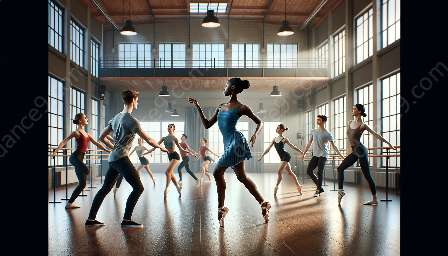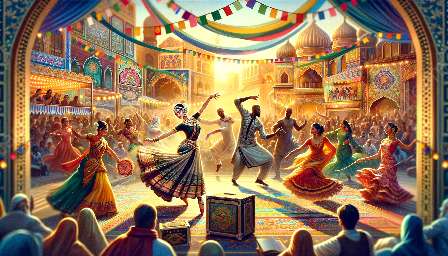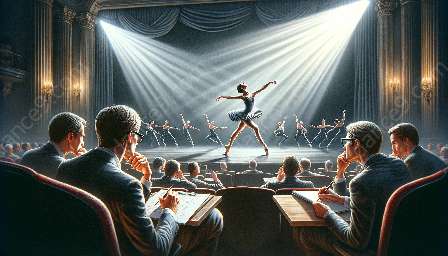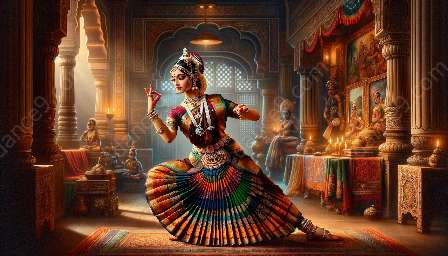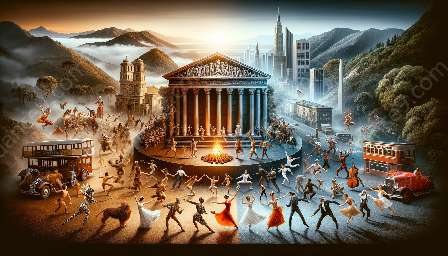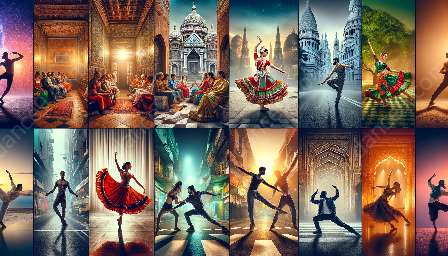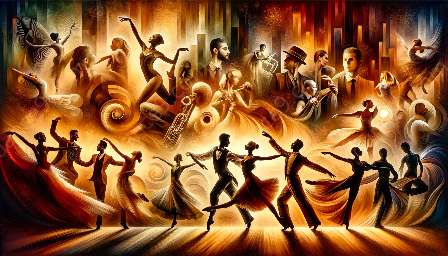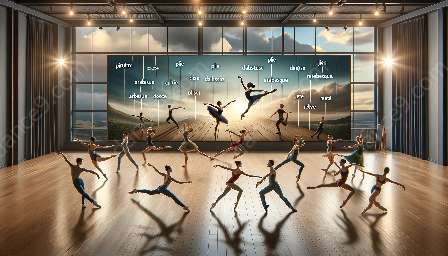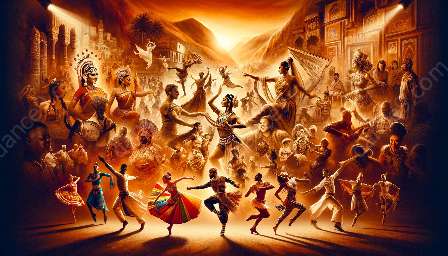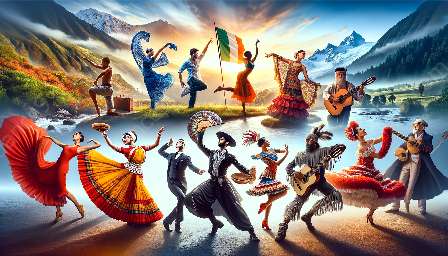As dance enthusiasts embrace self-expression through movement, understanding the ethical implications of cultural appropriation in this context is paramount. Cultural appropriation in the realm of dance raises complex questions about authenticity, respect, and the impact on marginalized communities. Here, we delve into the multifaceted relationship between cultural appropriation, dance, and self-expression, considering its ethical implications and relevance to personal and collective identity.
The Essence of Dance and Self-Expression
Dance serves as a powerful form of self-expression, allowing individuals to communicate emotions, stories, and cultural identities through movement. It transcends language barriers and fosters connections across diverse communities, offering a platform for individuals to explore and celebrate their unique identities.
Understanding Cultural Appropriation
Cultural appropriation occurs when elements of a marginalized or minority culture are adopted by individuals belonging to a dominant culture without proper acknowledgment, understanding, or respect for the cultural significance. In the world of dance, this can manifest through the imitation or commodification of traditional dances, attire, or music without honoring their origins or respecting the cultural context.
The Ethical Dilemma
When cultural elements, such as dance styles or costumes, are borrowed without consideration for their cultural significance or without permission from the source community, ethical questions arise. The appropriation of cultural practices can perpetuate harmful stereotypes, erode the authenticity of traditional art forms, and undermine the dignity of the originating culture.
Navigating Respectful Engagement
Respectful engagement with diverse dance traditions requires an understanding of the historical, social, and spiritual significance of each practice. Practitioners and enthusiasts must actively seek opportunities to learn from and collaborate with artists and communities from which the dance originates. This approach fosters mutual understanding, promotes cultural exchange, and honors the integrity of the art form.
Impact on Personal and Collective Identity
Cultural appropriation in dance raises profound questions about personal and collective identity. When individuals borrow elements of a culture without proper understanding or respect, they risk diluting the significance of those elements while potentially reinforcing harmful power dynamics. For communities whose dance forms are appropriated, the experience can be deeply hurtful, undermining their sense of cultural pride and ownership.
Fostering Inclusive and Ethical Practices
To address the ethical implications of cultural appropriation in dance, fostering inclusive and ethical practices is essential. This involves engaging in open dialogues, acknowledging the origins of dance styles, compensating the source communities where appropriate, and actively supporting and uplifting diverse dance practitioners.
Conclusion
The ethical implications of cultural appropriation in the realm of dance intersect with the fundamental aspects of self-expression and personal identity. By recognizing and respecting the cultural origins of dance forms, enthusiasts can not only preserve the authenticity of these art forms but also contribute to a more inclusive and respectful dance community that celebrates diversity and promotes ethical engagement.


